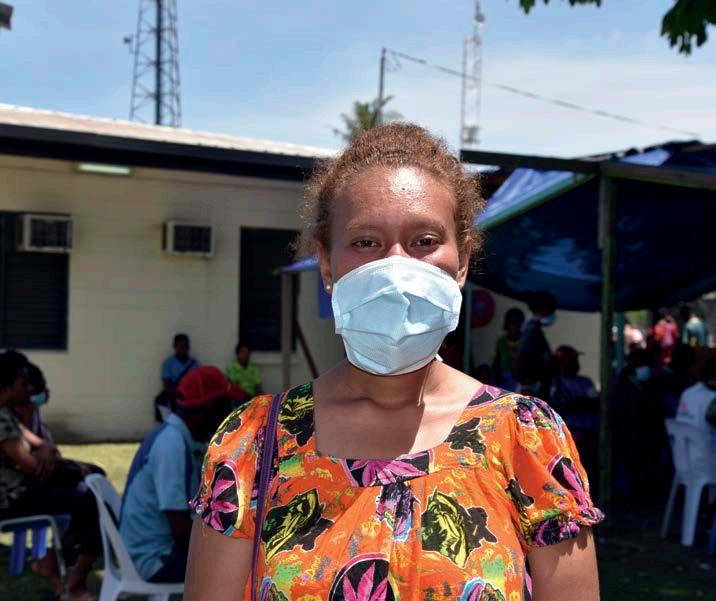
2 minute read
MSF NZ | PAPUA NEW GUINEA 2017
PAPUA NEW GUINEA
In Papua New Guinea, Médecins Sans Frontières focused on expanding access to care and improving adherence to treatment for patients with tuberculosis (TB).
TB was declared a major public health emergency in Papua New Guinea, with almost 30,000 new cases in 2016. It is the fourth-biggest cause of death among hospital admissions, and the principal cause of mortality among HIV/AIDS patients.
In collaboration with the national TB program, Médecins Sans Frontières focuses on improving screening, diagnosis, treatment initiation and follow-up at Gerehu hospital, in the capital Port Moresby. Mobile teams also work in the community to improve patient adherence to treatment.
In Gulf Province, Médecins Sans Frontières expanded its TB program to support two health centres as well as Kerema general hospital. Difficult access to remote areas and the lack of an effective follow-up system result in a high number of patients not completing their treatment. In collaboration with the provincial authorities, Médecins Sans Frontières continues to develop a decentralised model of care facilitating access to diagnosis, treatment and follow-up closer to patients’ homes.
By the end of 2017, Médecins Sans Frontières had initiated treatment for more than 2,100 patients with drug-sensitive TB, and 53 with drug-resistant TB.
A PATIENT’S STORY
Giakila was five months’ pregnant when she became seriously ill, and ended up losing her baby. “Losing a child was very hard, and I really wanted to know what was going on with me. So we came to Gerehu clinic and they advised me that I had TB.”
Giakila was diagnosed with multidrug-resistant TB, which involves two years of treatment including daily injections in the early stages. “I was scared at first, because there were too many medicines that I was taking. But then it started helping me to recover some of the loss that I encountered, so I was happy taking these medicines.”

KEY ACTIVITIES
Tuberculosis care
FUNDING
TOTAL $7,237,025
MSFA $1,040,519
FIELD STAFF
152
KEY MEDICAL FIGURE
More than 2,150 people receiving TB treatment in 2017


